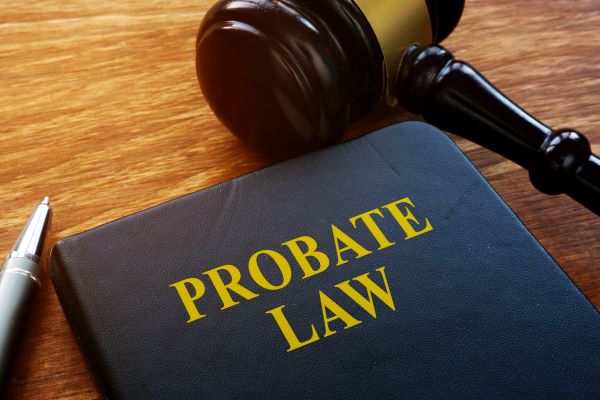
Common Reasons for Contesting a Will or Trust
You do not currently have a featured image set for this post. To set your featured image, click on the circular Meta View button and set your image in the box on the bottom right.
Some people assume that the only reason someone
would contest a will is out of self-interest.
While there are certainly times in which people attempt to
contest a will solely for financial gain, there are other circumstances in
which the deceased might not have provided clear guidance within their estate
planning documents, which could make contesting a will necessary.
This is one of the most pressing reasons why it is so important
for people who are drafting wills to be as thorough as possible. They
should everything they can minimize the risk of a will being contested, as it
could create a mess in court and lead to harmful arguments among friends and
family members.
A basic understanding of probate law can help you contest a
will or trust. Below is some key information you may find useful in
a variety of circumstances.
The deceased has more than one will discovered among his or her files
There are some cases in which the deceased may have made multiple
wills. Typically, this is done with the intent of having the most recent
will trump previous versions, but it might not always be easy to determine
which is the most recent.
Therefore, whenever you create a will, it is extremely important
to provide the dates you made revisions and to clarify that the most recent
copy should be executed instead of any previous editions. It can also be
helpful to destroy copies any wills that no longer reflect your wishes.
A probate court’s main objective is to carry
out your wishes as outlined in your estate plan,
so as long as you are clear about which will is the one that should be used,
there should be few problems.
The deceased did not have a valid will
Not having a valid will is an entirely different issue than not
having a will at all. There may be a scenario in which the deceased made a
will, but it fails to meet state guidelines—or the
deceased did not have the mental capacity at the time necessary to create a
valid will. If, for example, a person is pressured to make or change a will and
is deemed to have not been of sound mind, the probate court could revert to an
earlier document. If no earlier version exists, the court could invalidate the
will, leaving the estate to be divided per the guidelines of intestate
succession.
For wills to be valid, creators must understand the value
of their property, who their beneficiaries are and how their property should
get distributed. Additionally, creators need to complete a will signature
ceremony with an attorney to ensure the legal formalities of Ohio law are in
place for their wills.
The will does not reflect important changes in the testator’s
life
If a will is created early in one’s life and
left unaltered, it will likely fail to reflect new family dynamics. For
example, a child who did not have contact with the deceased might receive a
significant portion of the estate, or former spouse could inherit significant
benefits. In these situations, those who have close relationships with the
deceased may choose to challenge a will in court.
To avoid leaving your estate up to what happens in probate
court, it’s wise to make sure your will is up to date and
accurately reflects your current wishes. To learn more about how you can make
this happen, consult a knowledgeable Ohio estate law attorney.



